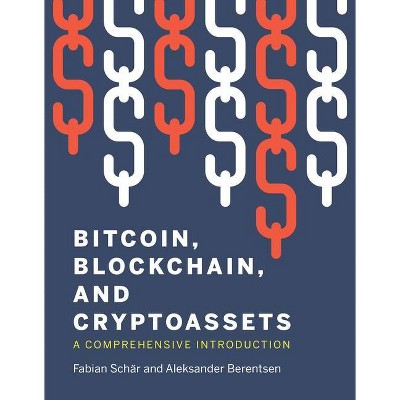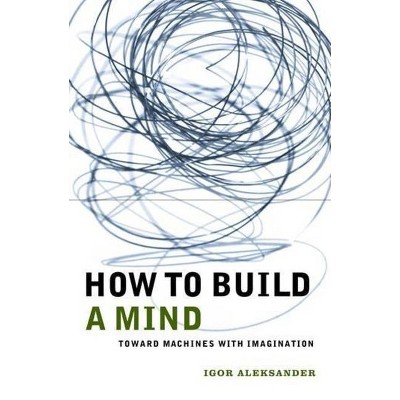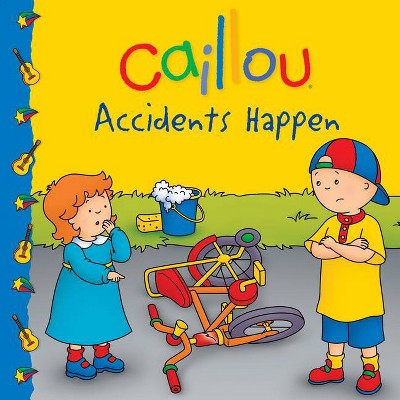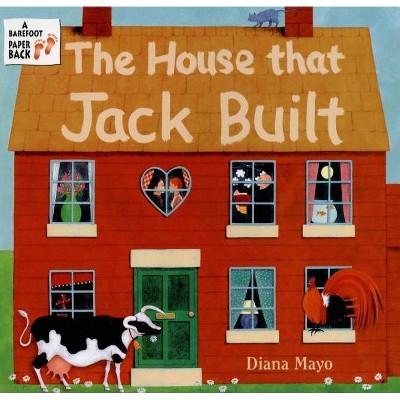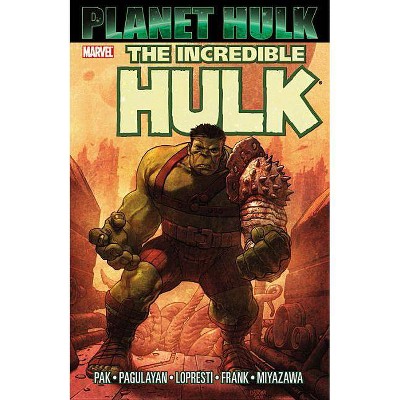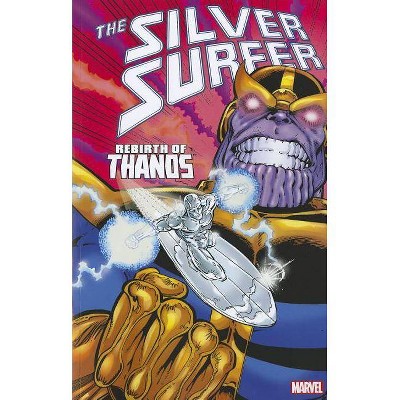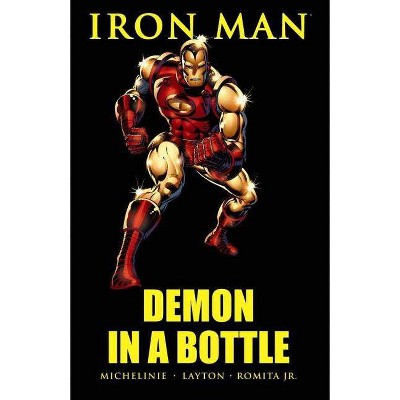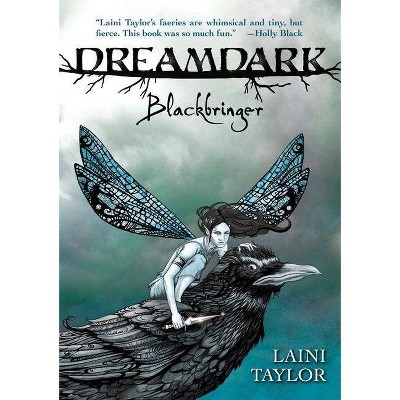Kapo - by Aleksander Tisma (Paperback)
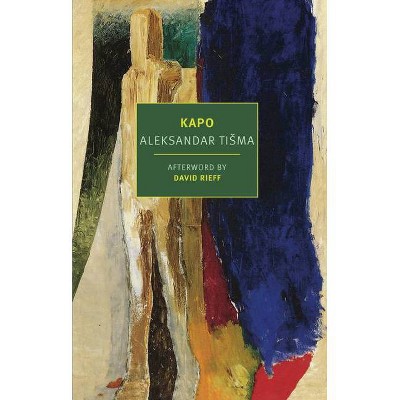
Similar Products
Product info
<p/><br></br><p><b> About the Book </b></p></br></br>"A devastating novel about the attrocities of WWII, and the unspeakable things people did to survive, by one of Yugoslavia's great literary voices. Lamian is a survivor, but a survivor of a very special kind. He was a Kapo, a prisoner who served as a camp guard in order to save himself. But has Lamian saved himself? The war over, he resumes life in the Bosnian town of Banja Luka, works in a land-surveying office, rents a room, eats as many hot potatoes as he likes, not even bothering to salt them--the quantity is what matters. If only he could stop looking over his shoulder, and flinching on the street in the fear that some stranger will step forward, smack his face, and say in a loud voice, "Here's one!" If only he could stop worrying about Helena Lifka, who turned out to be Yugoslav too, and Jewish too, one of the women he made come naked into the toolshed where he hid the gold, and sit on his lap in exchange for bread and butter and a little warm milk. She could turn up any day, an old woman now, and point an accusing finger. In this masterful novel, Aleksandar Tiésma shows step by step how fear can turn an ordinary human being into a monster"--<p/><br></br><p><b> Book Synopsis </b></p></br></br><b>A devastating novel about the attrocities of WWII, and the unspeakable things people did to survive, by one of Yugoslavia's great literary voices.</b> <p/><i>The Book of Blam</i>, <i>The Use of Man</i>, <i>Kapo</i> In these three unsparing novels the Yugoslav author Aleksandar Tisma anatomized the plight of those who survived the Second World War and the death camps, only to live on in a death-haunted world. Blam simply lucked out--and can hardly face himself in the mirror. By contrast, the teenage friends in <i>The Use of Man</i> are condemned to live on and on while enduring every affliction. <i>Kapo</i> is about Lamian, who made it through Auschwitz by serving his German masters, knowing that at any moment and for any reason his "special status" might be revoked. <p/>But the war is over now. Auschwitz is in the past. Lamian has settled down in the Bosnian town of Banja Luka, where he has a respectable job as a superintendent in the railyard. Everything is normal enough. Then one day in the paper he comes on the name of Helena Lifka, a woman--like him a Yugoslav and a Jew--he raped in the camp. Not long after he sees her, aged and ungainly, Lamian is flooded with guilt and terror. <p/><i>Kapo</i>, like Tisma's other great novels, is not simply a document or an act of witness. Tisma's terrible gift is to see with an artist's dispassionate clarity how fear, violence, guilt, and desire--whether for life, love, or simple understanding--are inextricably knotted together in the human breast.<p/><br></br><p><b> Review Quotes </b></p></br></br><br>"A book whose darkness, mercilessness, and intensity cannot be suppressed." --<i>Neue Zürcher Zeitung</i> <p/>"A brooding, curiously prescient saga. . . . A probing, exceptional study of a man as both victim and tormentor, and more." --<i>Kirkus Reviews <p/></i>"[<i>Kapo</i> is] the last and best book in the Novi Sad trilogy. . . . [Tisma's] fiction is merciless, bereft of relief or respite. It is the work of a documentarian accustomed to confronting atrocity without allowing himself the indulgence of looking away." --Becca Rothfeld, "Sidecar," <i>The New Left Review <p/></i>"An unblinking portrayal of evil for which there is no penance, from whose guilt there is no relief, and for whose knowledge the only escape is death. . . . <i>Kapo</i> is a palimpsest of horrible knowledge, obtained through unbearable means, and its unique value, even greater than Tisma's other novels, lies in the rarity and moral necessity of its knowledge, delivered as painfully transparent art." --David Auerbach, Apofenie<br><p/><br></br><p><b> About the Author </b></p></br></br><b>Aleksandar Tisma</b> (1924-2003) was born in the Vojvodina, a former province of the Austro-Hungarian Empire that had been incorporated into the new Kingdom of Yugoslavia after the First World War. His father, a Serb, came from a peasant background; his mother was middle-class and Jewish. The family lived comfortably, and Tisma received a good education. In 1941, Hungary annexed Vojvodina; the next year--Tisma's last in high school--the regime carried out a series of murderous pogroms, killing some 3,000 inhabitants, primarily Serbs and Jews, though the Tismas were spared. After fighting for the Yugoslav partisans, Tisma studied philosophy at Belgrade University and went into journalism and in 1949 joined the editorial staff of a publishing house, where he remained until his retirement in 1980. Tisma published his first story, Ibika's House, in 1951; it was followed by the novels <i>Guilt</i> and <i>In Search of the Dark Girl </i>and a collection of stories, <i>Violence</i>. In the 1970s and '80s, he gained international recognition with the publication of his Novi Sad trilogy: <i>The Book of Blam</i> (1971), about a survivor of the Hungarian occupation of Novi Sad; <i>The Use of Man</i> (1976), which follows a group of friends through the Second World War and after; and <i>Kapo</i> (1987), the story of a Jew raised as a Catholic who becomes a guard in a German concentration camp. Tisma moved to France after the outbreak of war and collapse of Yugoslavia in the early 1990s, but in 1995 he returned to Novi Sad, where he spent his last years. <p/><b>Richard Williams</b>'s translations from the Serbo-Croatian include the Sinisa Kovačevic play <i>Novo je doba</i> (<i>Times Have Changed</i>). <p/><b>David Rieff</b> is the author of ten books, including <i>The Exile: Cuba in the Heart of Miami;</i> <i>Slaughterhouse: Bosnia and the Failure of the West</i>; <i>A Bed for the Night: Humanitarianism in Crisis</i>; <i>Swimming in a Sea of Death: A Son's Memoir</i>; and, most recently, <i>In Praise of Forgetting: Historical Memory and its Ironies</i>.
Price History
Cheapest price in the interval: 16.99 on October 27, 2021
Most expensive price in the interval: 16.99 on November 8, 2021
Price Archive shows prices from various stores, lets you see history and find the cheapest. There is no actual sale on the website. For all support, inquiry and suggestion messagescommunication@pricearchive.us
